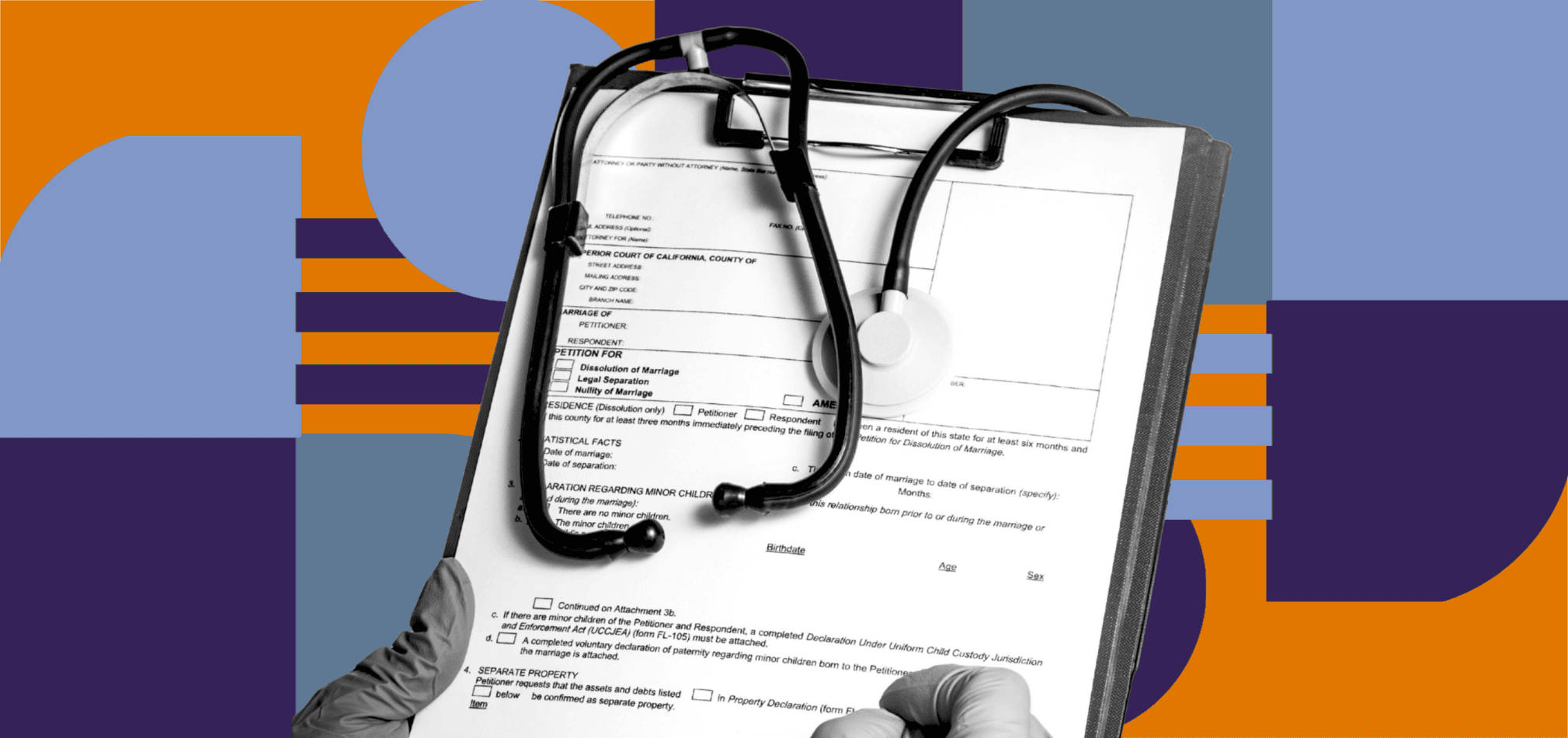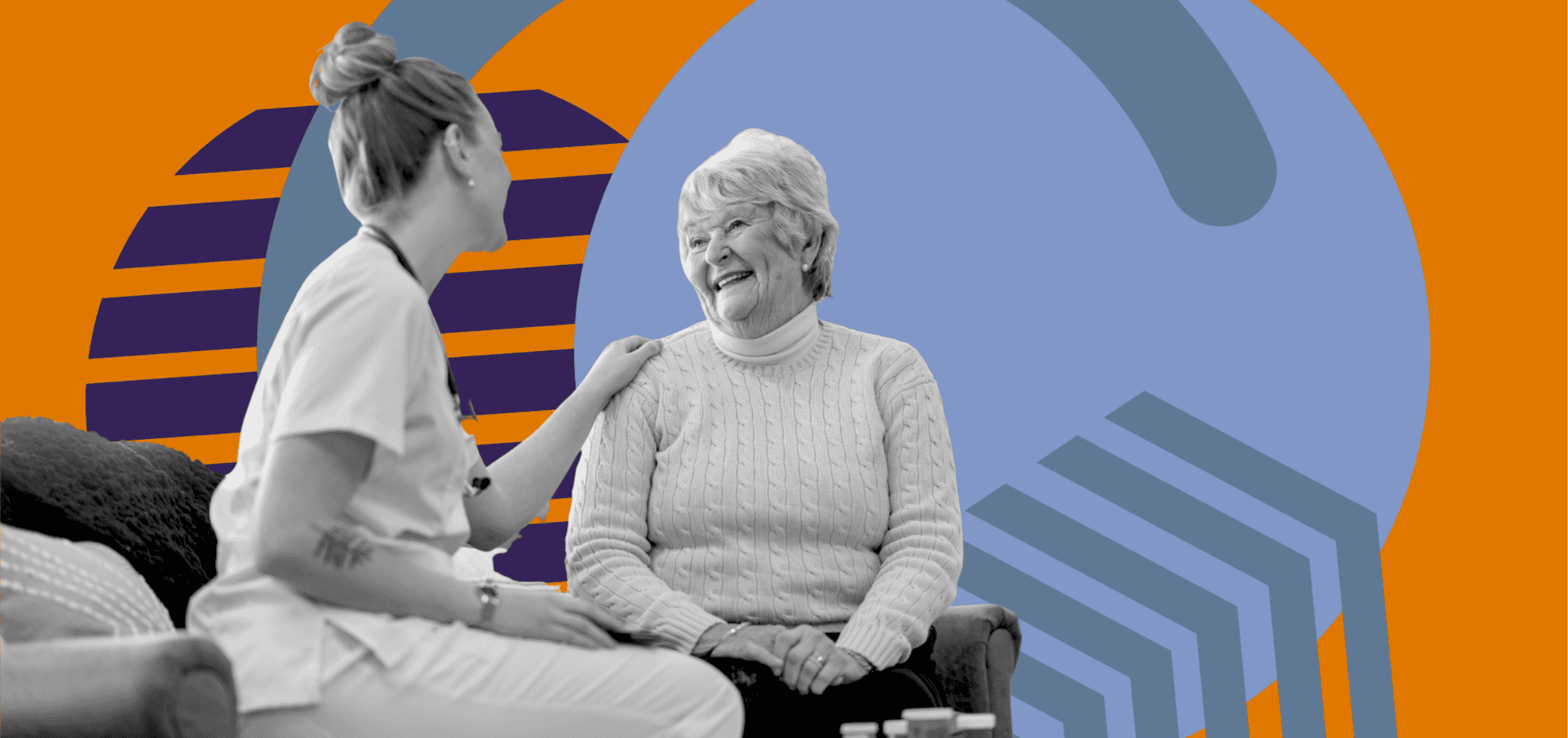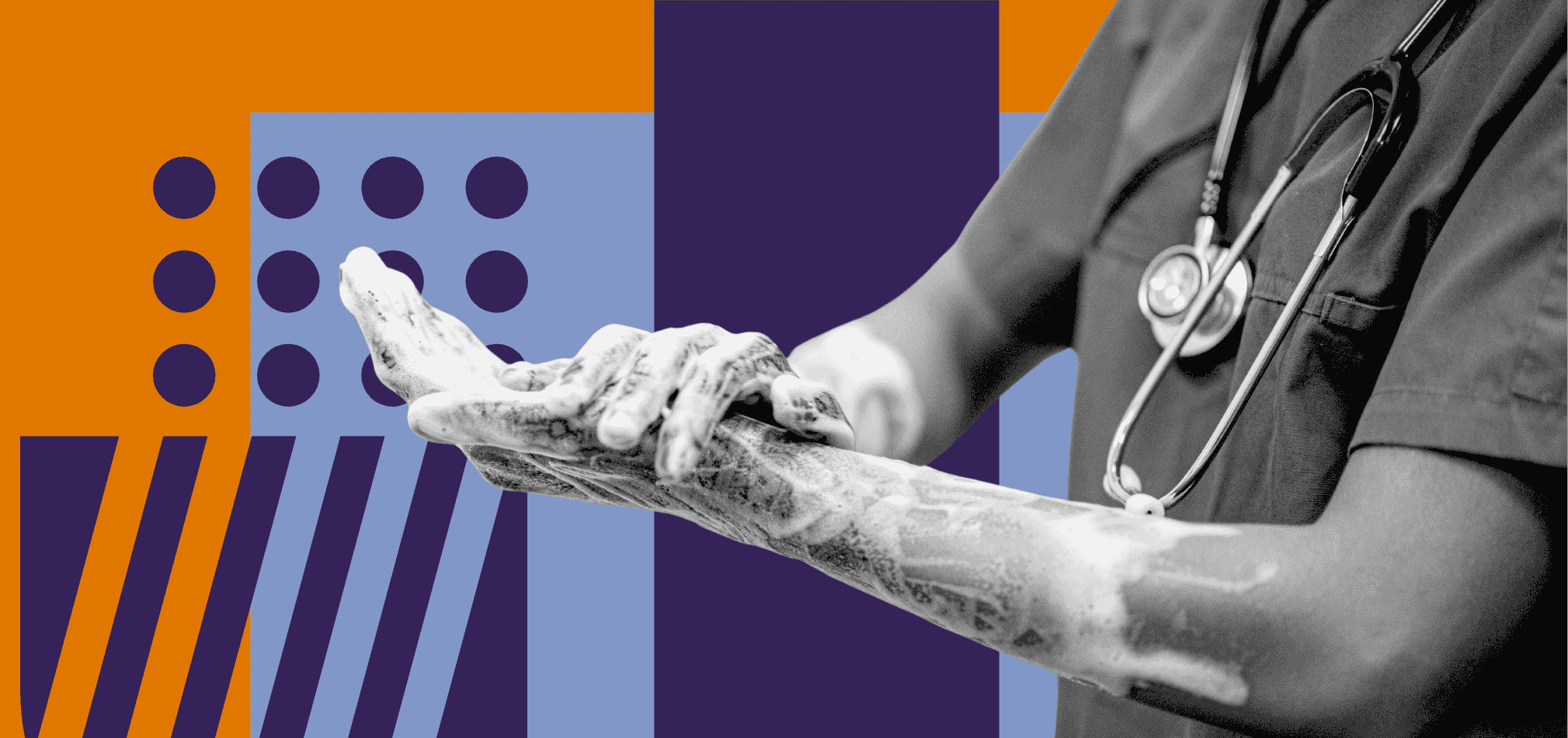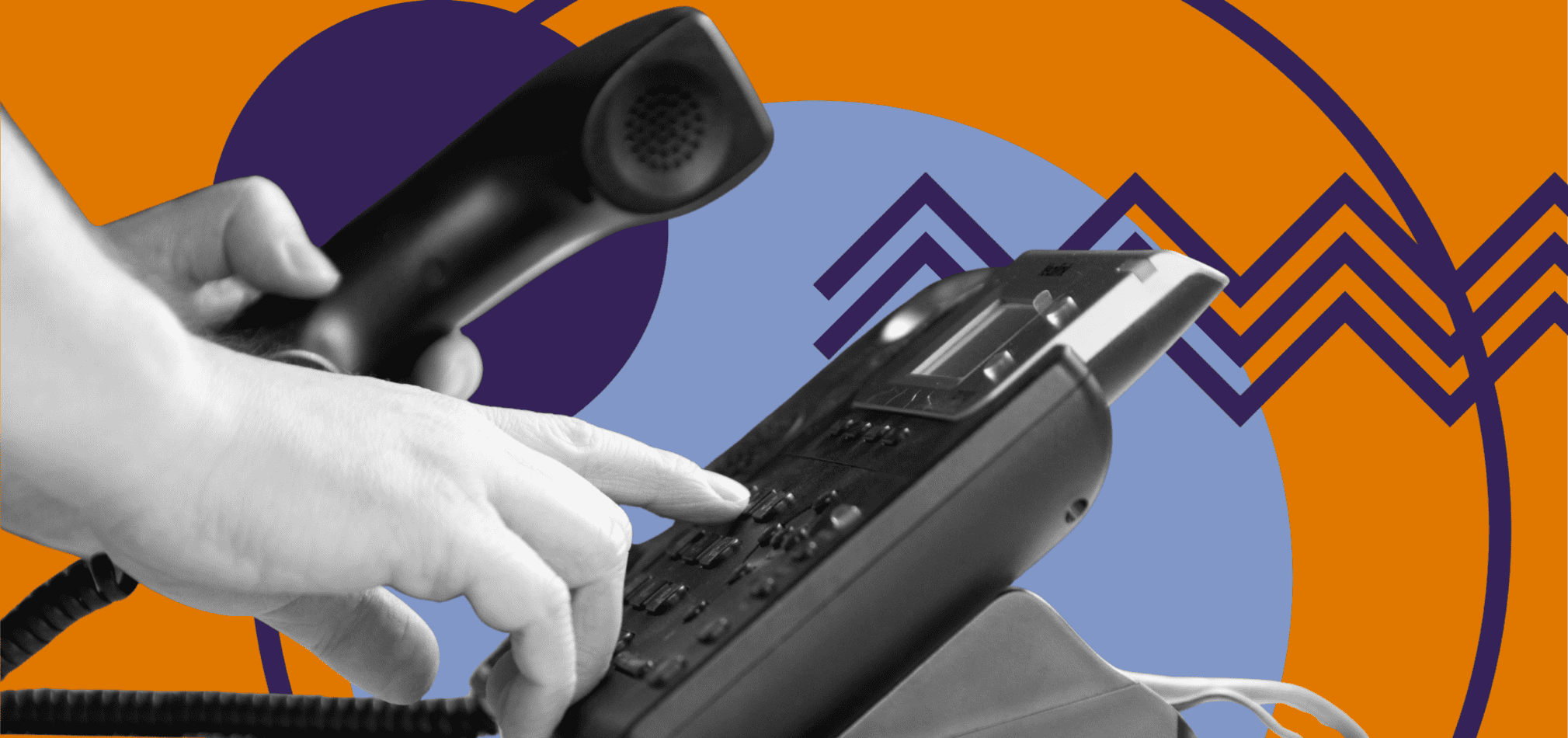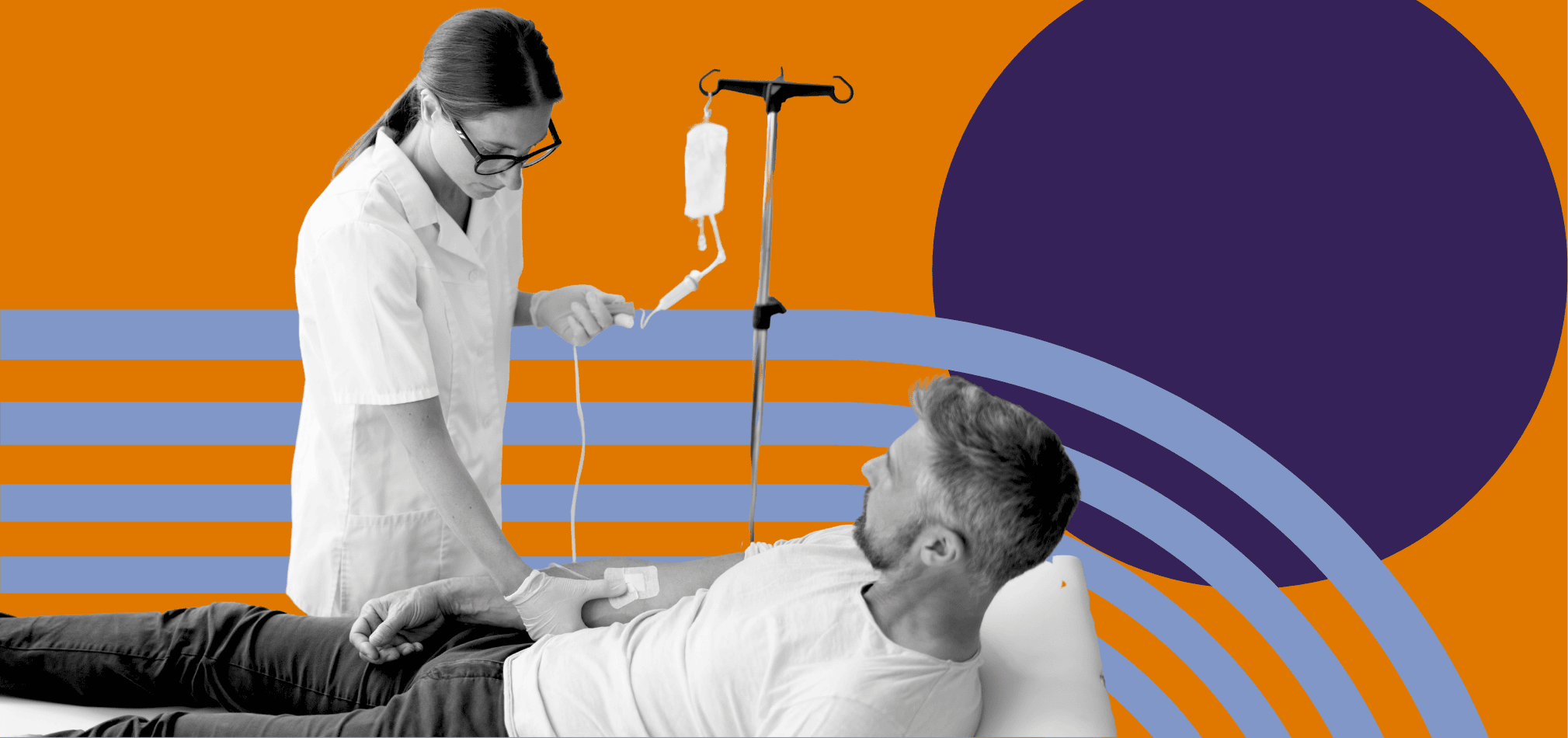
Are you worried about passing your next in-home hospice survey? Do you wonder what surveyors focus on and whether your agency meets the required standards?
The reality is that Medicare regulations are strict. Even a small oversight can lead to disruptions, added stress for your team, and potential risks to your ability to provide care.
At The Home Health Consultant, we’ve spent over 20 years specializing in helping in-home hospice agencies navigate regulatory surveys with confidence. We understand compliance requirements inside and out. Over the years, we’ve guided countless providers through successful survey preparations.
In this article, we’ll break down:
- What surveyors look for during an in-home hospice survey: patient rights, care plans, and team coordination
- Common mistakes to avoid: Simple ways to stay compliant and pass your survey
- How to stay prepared: Best practices for documentation, training, and policies.
- Ways to improve your survey results: Practical steps to strengthen your hospice’s compliance.
By the end of this article, you’ll be able to relieve some of that pre-survey stress now that you know what to expect.
What Do Surveyors Check to Ensure Hospice Patient Rights Are Protected?
Surveyors play a huge role in making sure hospice agencies uphold patient rights. This is required by, you guessed it, Medicare Conditions of Participation (CoPs).
During a survey, they assess whether providers actively educate patients and caregivers about their rights. They also make sure these rights are respected in daily care.
The main areas surveyors will look into include:
- Effective pain and symptom management: Surveyors check whether patients receive timely and appropriate pain relief.
- Patient participation in care planning: Agencies must document that patients and their caregivers are involved in decisions about their care.
- The right to refuse treatment: Patients should never feel pressured into treatments they do not want. Surveyors verify that agencies honor informed refusals.
- The right to file grievances without fear of retaliation: Surveyors check that agencies have clear policies for handling complaints. This includes validating that patients feel safe voicing concerns.
These rights may seem like common sense to most of us. But, surveyors meticulously evaluate agency practices to confirm compliance with Medicare standards. Their goal is to protect patients and uphold the integrity of hospice care.
What Do Surveyors Look for in Patient Assessments and Care Plans?

Surveyors also examine how well a hospice provider assesses patients. The initial assessment must be completed immediately to address urgent needs.
This is then followed by a comprehensive evaluation within five days. This evaluation covers the patient’s physical health, emotional and mental well-being, social circumstances, and spiritual needs.
These assessments must be documented and updated every 14 days to reflect any changes. This serves as proof the interdisciplinary team adjusts the care plan accordingly.
How Do Surveyors Evaluate Interdisciplinary Team Coordination?
A well-functioning interdisciplinary team (IDT) ensures seamless patient care. The team typically includes:
- physicians
- registered nurses
- social workers
- chaplains or counselors
Because there are so many disciplines involved, establishing frequent, structured communication is a must.
Surveyors assess whether team members communicate effectively and whether the care plan aligns with the patient’s end-of-life goals. Proper coordination among team members ensures that the patient’s needs are met efficiently and compassionately.
How Do Surveyors Assess Quality Assessment and Performance Improvement (QAPI) Programs?
Hospice agencies must have structured QAPI programs in place to monitor patient outcomes and improve care. Surveyors look for evidence that providers track key performance indicators (KPIs). Examples of these KPIs include pain management and symptom control.
Surveyors also assess whether agencies implement performance improvement projects (PIPs) and make data-driven improvements to enhance patient care.
If you know you need to work on your QAPI programs but aren’t sure where to start, you may be a good fit for our administrative compliance program. Click below to learn more about how our work keeps your agency survey-ready.
What Do Surveyors Expect from Core Hospice Services?
Hospice agencies must offer essential services to ensure patient comfort and quality of life.
- Physician oversight is mandated for managing medical needs and coordinating care.
- Nurses provide direct patient care, monitor symptoms, and handle crisis intervention when needed.
- Medical social workers offer emotional and social support, helping families navigate the challenges of end-of-life care.
- Counseling services, including spiritual and bereavement support, address emotional well-being.
During a survey, surveyors evaluate whether these services are consistently available and properly documented.
How Do Surveyors Evaluate Hospice Aides and Homemaker Services?
Surveyors ensure that hospice aides receive proper supervision. This means there must be proof an RN has been regularly evaluating their performance and the quality of care provided. The evaluation must occur every 14 days for hospice agencies to remain compliant.
How Do Surveyors Assess Medication Management and Durable Medical Equipment (DME)?

Hospices must ensure that medications are supplied and administered correctly. In addition to this, federal regulations for proper medication handling and disposal must be followed. Hospices must also provide necessary medical equipment, like hospital beds and oxygen tanks as needed, to maintain patient comfort and safety.
How Do Surveyors Determine If a Hospice Is Prepared for Emergencies?
Emergency preparedness is a critical component of in-home hospice care. Surveyors evaluate whether providers have contingency plans for:
- severe weather
- power outages
- other emergencies
Hospice providers must have backup communication systems and alternative care plans to ensure uninterrupted service during unexpected situations. Make sure your agency's emergency preparedness program is up to par. Check out our article below.
How Do Surveyors Assess Family and Caregiver Support?
Hospices are required to educate and support families as they care for their loved ones. This includes training on:
- medication administration
- symptom management
- personal care techniques
- bereavement support
Bereavement support occurs after the patient has passed away. Hospices must provide guidance and resources to families for up to a year after a patient’s passing. Surveyors assess whether families receive adequate training and assistance to ensure they can provide effective care.
How Do Surveyors Conduct Their In-Home Hospice Evaluations?
Surveyors use multiple methods to assess compliance. This can include:
- Reviewing clinical records to ensure that assessments, care plans, and medication records align with regulatory standards. This can occur both at your agency and at a patient’s home.
- Conducting direct observations by visiting patient homes to evaluate care quality
- Interviewing patients, caregivers, and staff for insight into the services being provided.
What Do Surveyors Look for in Closed Record Reviews?
Surveyors don’t just look at active patient data. They also review records of patients who are no longer receiving care to assess the quality of services provided.
They check whether appropriate care was delivered in the patient’s final days and whether families received necessary bereavement support. If a patient was discharged, surveyors evaluate whether the discharge was appropriate and handled correctly.
What Do Surveyors Look for in Policies and Procedures?
Hospices must maintain well-documented policies covering critical areas such as:
- advanced directives
- infection control measures
- pain management protocols
- staffing
Surveyors review these and other policies to ensure that agencies are prepared to handle patient needs effectively and maintain compliance with regulatory requirements.
If you feel like your agency may need help managing any of the areas above, you may be a good candidate for our Administrative Compliance Program (ACP). You can read more about who's a good fit for ACP by clicking below.
How Can You Ensure Your Hospice Is Ready for Its Next Survey?
With the right preparation and mindset, you can approach surveys with confidence. To stay ready, consider incorporating these best practices into your agency’s operations:
- Conduct mock surveys regularly to identify and address potential deficiencies.
- Keep policies updated and ensure that all staff members understand them thoroughly.
- Address compliance issues immediately rather than waiting for surveyors to find them.
- Maintain thorough and accurate documentation of patient care, assessments, and interdisciplinary meetings.
Compliance should not be a last-minute effort before a survey. Instead, it should be integrated into daily operations to ensure consistency and readiness at all times. Need help getting your agency survey-ready? The Home Health Consultant is here to guide you every step of the way.
*This article was written in consultation with Mariam Treystman.
*Disclaimer: The content provided in this article is not intended to be, nor should it be construed as, legal, financial, or professional advice. No consultant-client relationship is established by engaging with this content. You should seek the advice of a qualified attorney, financial advisor, or other professional regarding any legal or business matters. The consultant assumes no liability for any actions taken based on the information provided.
Topics:







